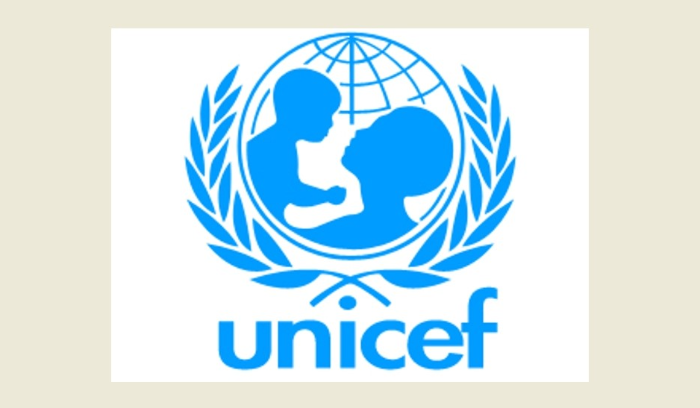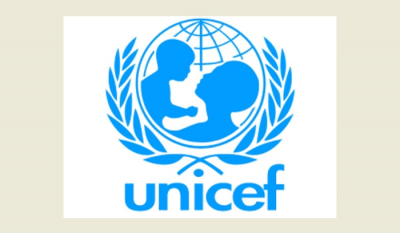A statement from UNICEF warned that "the upcoming school year in Lebanon may face various disruptions, affecting more than 450,000 children (from kindergarten to grade twelve). UNICEF praised the collective efforts of all teachers and staff in the education sector, as well as students and parents, commending their perseverance in facing challenges to complete the school year and carry out official exams, under the leadership of the Ministry of Education and Higher Education and with support from international partners through the new support mechanism represented by the Education Trust Fund (TREF)."
In its statement, UNICEF noted: "Over the past year, the Ministry of Education and Higher Education has made strenuous efforts to enhance partnership governance and integrate accountability and transparency principles through the Education Trust Fund, leading to reforms in governance, data management, and the financial management of schools and regional education offices. Consistent with these reforms, UNICEF has not sent any funds directly to the Ministry of Education and Higher Education since the 2021-2022 academic year. Instead, it has transferred funds directly to teachers, educational sector staff, schools, and regional educational funds of the Ministry of Education."
Payments to teachers and students are made based on verified work schedules according to the principles of the Education Trust Fund. In response to the growing learning crisis, UNICEF, with generous support from its international partners, is spending more than $70 million during the 2022-2023 school year to support public education and schools financially: Funds in US dollars were directly transferred to 1,074 public schools to cover all Lebanese and non-Lebanese students enrolled in public schools in accordance with an agreement with the Ministry of Education.
Salaries for 12,500 contracted teachers and Lebanese administrative staff were paid directly in US dollars. Productivity allowances, in US dollars, were directly paid to 15,000 contracted teachers and Lebanese administrative staff. Additionally, cash assistance in US dollars was directly transferred to over 70,000 children to support their continued attendance in schools. Funding for the summer school program in 2023 benefited about 160,000 children, most of whom are Lebanese (70% share).
Furthermore, 26 schools are being rehabilitated, with completion expected before the start of the new school year. Rehabilitation efforts have commenced for an additional 94 public schools, while energy needs assessments are being conducted in 850 public schools as part of efforts to increase solar energy supply to the education sector. The statement continued: "Despite this support, the financial crisis continues to escalate, raising the risk of educational disruptions in the upcoming school year, especially if teachers and education sector staff do not receive adequate wages to sustain a decent living. The Lebanese government must prioritize mobilizing educational budget resources to ensure public schools open for all children next October. Furthermore, ongoing UNICEF support for children cannot replace the Lebanese government's investment in education but should complement the government's role."
In conclusion, UNICEF commended the efforts of the Ministry of Education and Higher Education in exerting pressure with the Parliament, the Ministry of Finance, and the Prime Minister's Office to prioritize education and called on all relevant parties in Lebanon to allocate sufficient budget to ensure schools remain open for all children. Lebanese children cannot endure further disruptions that could hinder their learning due to school closures, which threatens an entire generation.




